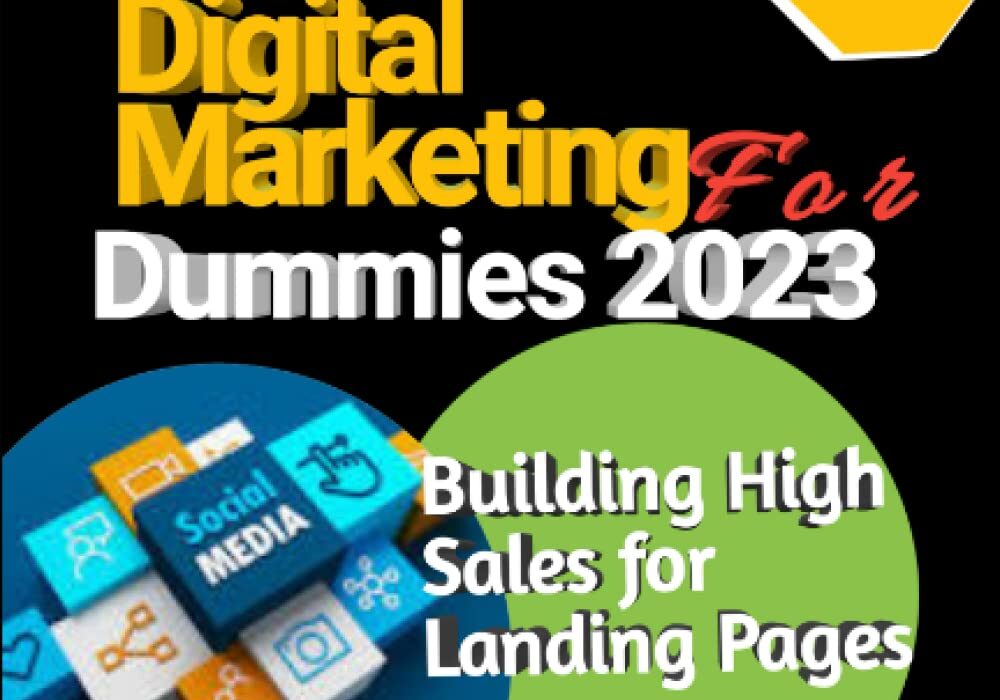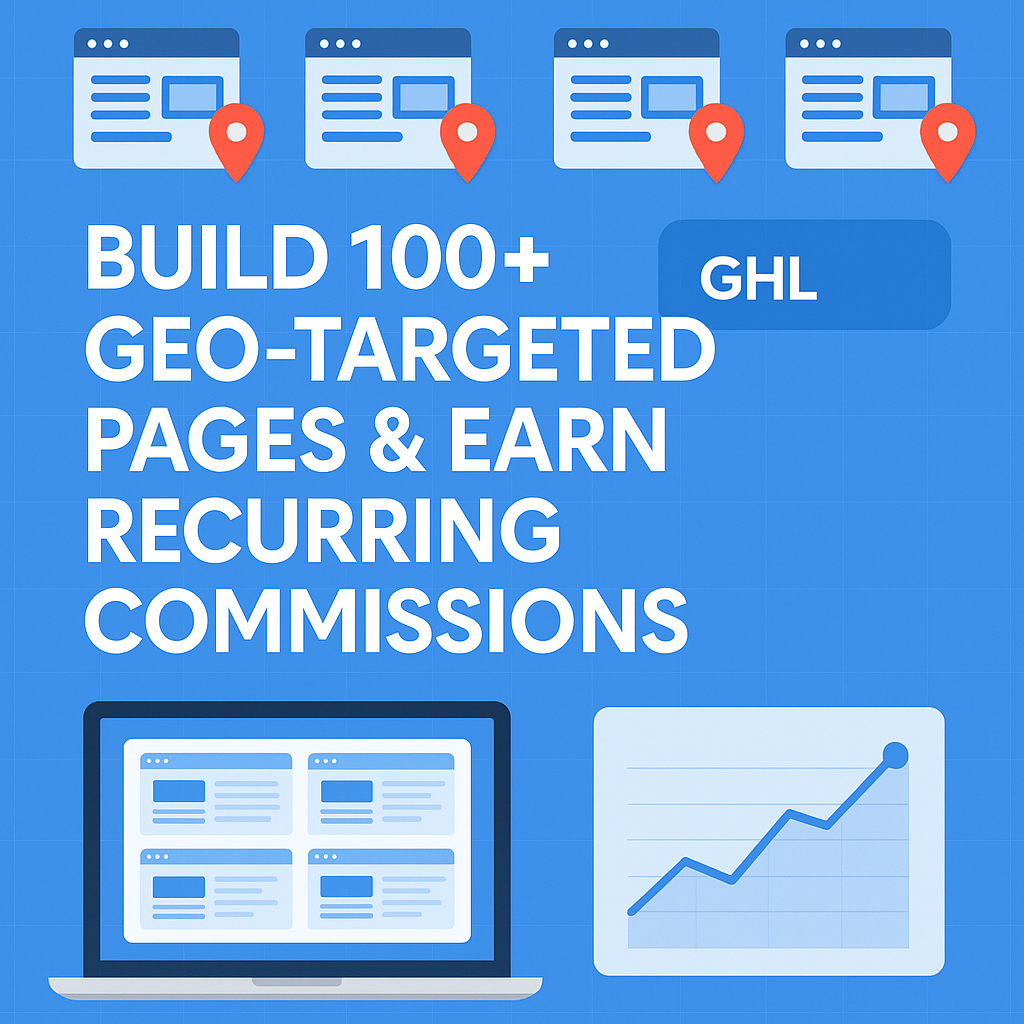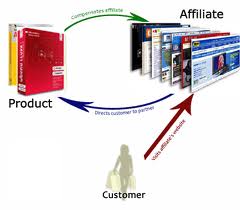Marketing for Dummies 2025

Marketing for Dummies 2025
Introduction
Are you looking a simple marketing for solution? I wrote this article “Marketing for Dummies 2025” just for you! Welcome to the ultimate beginner’s guide to marketing in 2025. If you’re feeling overwhelmed, confused, or just plain stuck on where to start you’re in the right place. Marketing has changed drastically over the years, and it can feel intimidating to jump in now. But here’s the good news: you don’t need a degree, a team, or even a big budget to start making smart marketing moves today.
This guide is crafted specifically for people like you complete beginners who want to understand the essentials of modern marketing and where it’s heading in 2025. Whether you’re building a business, growing a personal brand, or just exploring a new skill, you’ll find actionable, no-nonsense advice here.
What is Marketing? (The Absolute Basics)
At its core, marketing is simply the act of getting your product, service, or message in front of the right people. It’s about understanding what your audience wants and delivering it in a way that builds trust and value.
The Difference Between Marketing and Sales
Marketing creates interest and brings people in. Sales close the deal. Think of marketing as the conversation starter it builds awareness, nurtures trust, and keeps your audience engaged.
Offline vs. Online Marketing
While traditional methods like print ads and direct mail still exist, online marketing dominates today’s landscape. It’s faster, cheaper, and more measurable, which is why it’s crucial for beginners to focus here first.
Why Marketing in 2025 Is Different
The marketing world of 2025 is fast, smart, and powered by data. Here are a few key changes shaping today’s marketing landscape:
Digital Dominance
Nearly every business now operates online in some capacity. Digital channels like social media, email, and search engines are the new storefronts.
Privacy & Data Regulations
Consumers are more privacy-conscious than ever. Tools like third-party cookies are fading, and marketers must now collect data ethically and transparently.
Consumer Behavior Trends
People crave personalization and authenticity. They expect brands to know what they want and to deliver value without being pushy.
Rise of Personalization
In 2025, personalization isn’t a luxury it’s a necessity. With the help of AI, even beginners can tailor marketing to different audiences without much effort.
Core Marketing Types Every Beginner Should Know
Understanding these basic types will help you decide where to start:
Content Marketing
Creating blog posts, videos, infographics, and other content that educates or entertains your audience.
Social Media Marketing
Using platforms like Instagram, TikTok, LinkedIn, and Facebook to build relationships and share content.
Email Marketing
Sending targeted messages to your audience’s inbox to inform, educate, or promote offers.
SEO (Search Engine Optimization)
Improving your website and content so it shows up in Google search results.
Influencer Marketing
Partnering with individuals who have an established following to promote your product.
Affiliate Marketing
Letting others promote your product for a commission on each sale they generate.
Paid Advertising (PPC)
Running ads on Google, Facebook, or other platforms to reach your audience quickly.
The Role of AI in Marketing (2025 Edition)
AI is revolutionizing the way beginners approach marketing. You no longer need to be a tech wizard to harness its power.
What AI Can Do for Marketers
- Write content using tools like ChatGPT
- Automate social media posts
- Predict customer behavior
- Optimize email campaigns
Real-World Examples
- Chatbots that handle customer inquiries 24/7
- AI tools that generate personalized email subject lines
- Software that recommends content based on user behavior
Pros & Cons of AI Tools
Pros:
- Time-saving
- Scalable
- Affordable
Cons:
- Can feel impersonal if misused
- Requires oversight to avoid errors
Recommended AI Tools
- Jasper.ai for writing
- HubSpot for marketing automation
- Canva’s AI-powered design suggestions
Step-by-Step Marketing Strategy for Beginners
- Define Your Audience:Who are you trying to reach?
- Set Clear Goals:What does success look like sales, sign-ups, followers?
- Choose Your Channels:Focus on 1-2 to start (e.g., Instagram + email).
- Create Basic Content:Start small with blog posts, reels, or infographics.
- Track Performance:Use analytics tools to see what’s working.
Top Marketing Tools to Start With in 2025
- Canva:Easy graphic design
- Mailchimp:Email marketing
- Buffer:Social media scheduling
- Google Analytics:Track website traffic
- ChatGPT or Jasper:AI content creation
Start with free plans many are beginner-friendly and scalable as you grow.
Common Mistakes Beginners Make (and How to Avoid Them)
- Trying to master everything at once
- Ignoring data and analytics
- Copying trends without strategy
- Skipping audience research
Tip:Focus on learning and iterating. Done is better than perfect.
Free and Low-Cost Learning Resources
- YouTube Channels:Neil Patel, Marketing 360, Ahrefs
- Blogs:HubSpot, Moz, Buffer
- Courses:Coursera, Udemy, HubSpot Academy
- Communities:Reddit (r/marketing), Indie Hackers, LinkedIn groups
Final Tips for First-Time Marketers
- Start smalland build consistency
- Be patientmarketing is a long game
- Experiment freelyand learn from failure
- Keep your audience firstin every decision
Recommended Reading
If you’re ready to go deeper, check out this accessible, beginner-friendly book:
Digital Marketing For Dummies 2023
It covers online marketing essentials in more depth, including email, social media, affiliate marketing, and B2B tactics.
FAQs
What is the easiest type of marketing to start with?
Social media marketing and content marketing are the easiest. You can start with just a phone and a free platform.
How can I use AI in my small business marketing?
Use AI tools to write posts, design visuals, automate emails, and chat with customers.
Is marketing expensive to start?
No! Many tools offer free versions, and organic strategies (like content and SEO) cost time, not money.
Do I need a website to begin marketing?
Not at first. You can start on social media or with email. But having a website helps build credibility.
How long does it take to see results?
It depends on your strategy, but most see early signs (like engagement or traffic) within 30–60 days.
Start today, stay curious, and remember: every expert was once a beginner. You’ve got this!









